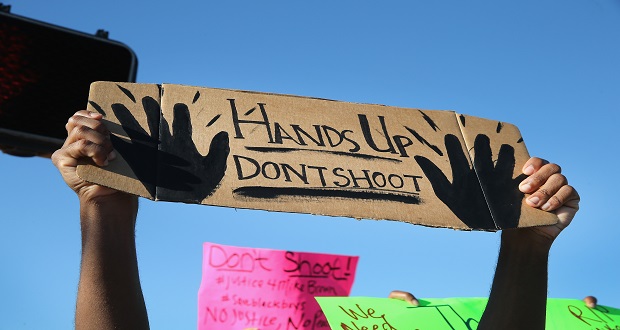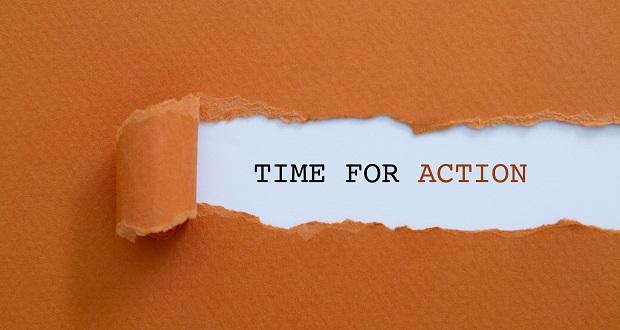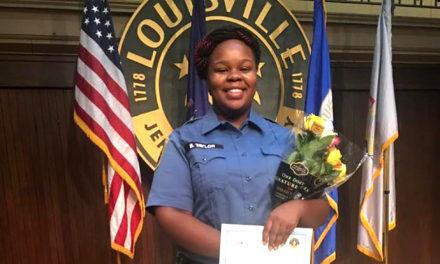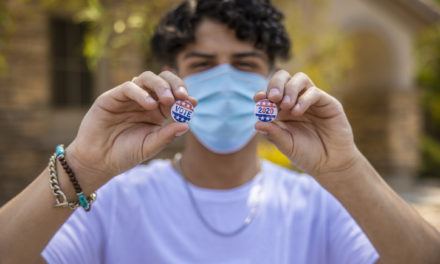
I’m tired of the pundits. I’m tired of the pundits pretending to be pundits, especially on social media. I’m tired of most people opining on Ferguson—mostly because their “insight” is anything but. It’s not new, nor interesting, nor does it contribute anything to the conversation.
So when this blog’s editor suggested that I write about Ferguson, I groaned. I’m not sure how I feel about the case. Should the grand jury have indicted police officer Darren Wilson? I don’t know.
I think a lot of people are like me. We don’t know. We don’t know how to answer questions like: “How do you feel about Ferguson?” or “Do you think that Darren Wilson should’ve been indicted?” or “Do you think this should be a racial issue?” But there’s one thing that we do know—that we cannot answer such queries with a simple “I don’t know.”
“What do you mean you don’t know?” some people would respond, before criticizing for not automatically agreeing with them. As a result, we are pressured to form opinions agree with them.
That’s unfair. We all can’t have an educated opinion on everything in life. (There’s a key word in the previous sentence. You know what it is.) Nor should we be forced to.
Furthermore, not everything is as black and white (pun intended) as the loudest people in the room make it seem. And yet, we’re rarely allowed to have mixed feelings about anything anymore, be it Ferguson or food at a new restaurant. We must love or hate, agree or disagree, be on this side or the other. It’s this attitude that needlessly polarizes people.
Frankly, I’m not sure how I feel about Ferguson, other than disturbed by its many aspects. Which does not mean I don’t care. It just means that I care enough to listen to and respect various views but not necessarily form one of my own.
Would Wilson have confronted Brown if the teen were white? Probably not.
Did Wilson have reason to believe that Brown was a serious threat? Probably yes.
Was the shooting justifiable? I don’t know.
Maybe the jury didn’t know either—so I can understand its decision not to indict.
I can also understand the anger over the case, because there are many related issues swirling around race and crime and police brutality, all of which are too complicated to go into here. That’s what the smart pundits are for. (There’s a key word there, too.)
I also understand why people continue to protest. But there is no excuse for more violence. As Brian Willinghan, a church pastor and police officer, told The New York Times,
“I now realize, that we who consider ourselves leaders in the black community can’t just be against racism. We have to also be against a portion of black culture that has become increasingly anti-authority and antisocial to a point of self-destruction. This is an enemy we’ve yet to engage in the black community. But it’s a conversation I think we’re forced to have now.”
It’s one of many conversations we should be having. And while I’m not necessarily ready to join in them, I’m eager to listen.



















Vadim,
Although I agree with you that you have a right not to have an opinion on Ferguson, it’s so valuable to lend your voice and your opinion to the larger issues at play here. I don’t think the intention of your post is to say that you don’t have any opinion on the impact that the grand jury decision had on our society’s perception of racial inequality. However, all too often I hear white people shying away from voicing their opinions because they feel this is a “black” issue and they aren’t part of it. I think the only way we will make any movement in creating a balanced and equitable society in our nation is if we all, regardless of our race and color, stand shoulder to shoulder and say, “something is not right here and we are all affected by it.” Regardless of what we believe was right/wrong in the grand jury’s decision, the truth of the matter is that black males are targeted by police, that racial inequality continues across the country, and that anger, fear and mistrust run rampant across racial lines. If we don’t all step up and speak out against these issues, then we’re part of the problem.
Maria, thanks so much for chiming in! I fully agree with you that there are large societal issues at play — and indeed, I acknowledge some of them toward the end of the post. But I also acknowledge that there are big issues that deserve their own attention. Frankly, they are big, serious issues with our without the entire Ferguson debacle. They are too complicated to address in a blog post, at least I think. But as far as Ferguson itself goes, I do also state that the events are unfortunate and disturbing. But I will be the first to admit that I haven’t spent enough time parsing out the events specific to this case to arrive at a solid opinion on it. I will also admit that I don’t know what to say about the unfair treatment of black youth — black people — other than that it’s terrible. I haven’t done enough thinking on the subject, though I’ve done more reading on it. Any opinion I’d have to offer on it would pale in comparison to those of people far brighter and well-informed than I am!
I